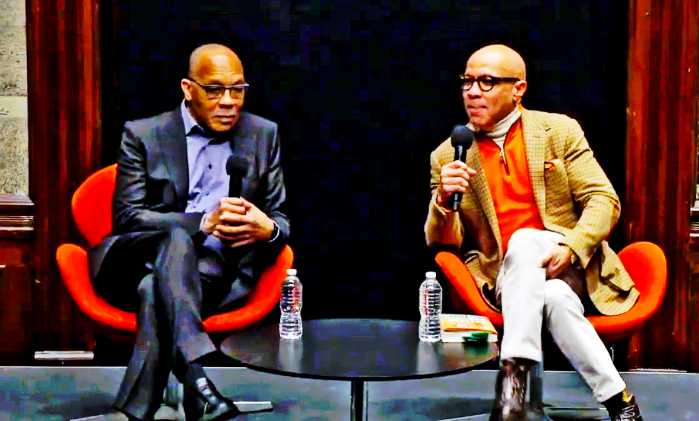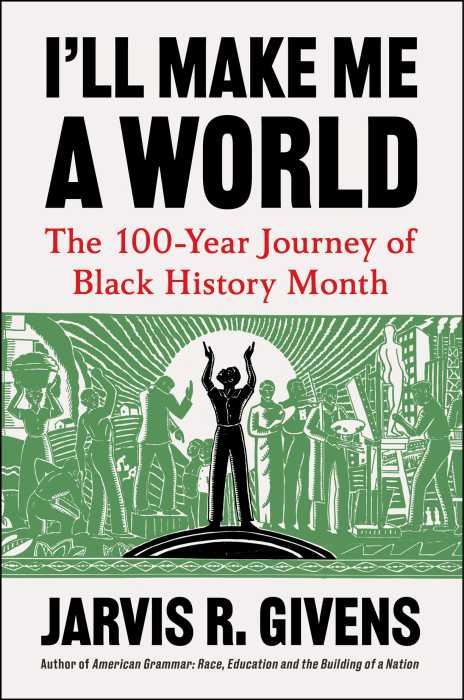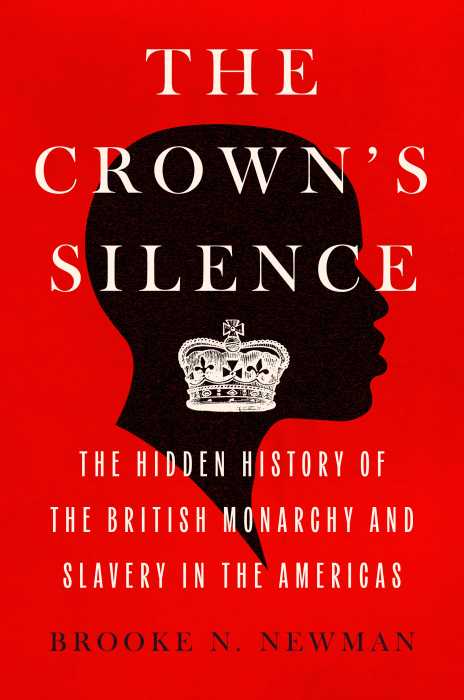“Genius Unbroken: The Life and Legacy of Dr. Charles R. Drew” by Craig A. Miller, MD, with Charlene Drew Jarvis, PhD
c.2025,
Georgetown University Press
$29.95
311 pages
“Stayin’ Alive.”
Dr. Charles R. Drew’s work ensured lives could be saved when CPR alone wasn’t enough, as described in ‘Genius Unbroken.’ The biography explores how his legacy revolutionized emergency medicine and blood banking.
Almost from the moment he could walk, Charles Richard “Charlie” Drew was an active boy.
Growing up in Washington, DC’s Foggy Bottom neighborhood, an area that was more equal than most in the early 1900s, provided him with the opportunity to explore his surroundings, receive a good education, learn to swim, and excel at athletics.
Sports and music were his passions then, in fact. However, when his younger sister, Elsie, died, and he incidentally discovered while attending Amherst College that he enjoyed studying biology, Charlie decided to become a doctor.
Unfortunately, there was no funding available for medical school. Still, he applied to Howard University School of Medicine, which turned him down, so he went to work at Morgan College in Baltimore as a teacher before heading to Quebec, where he received a fellowship at McGill University to study medicine. He entered Howard in early 1935 for his residency.
In 1938, he was invited to Columbia University to work as a surgical fellow.
Eagerly, he took on extra projects, one of which was the nature of shock, a condition that could lead to circulatory failure and death. Laboratories everywhere were “dedicated to studying the phenomenon in all its… physiologic complexity.” World War II was raging, and banked blood would save many lives; Charlie set to work figuring out how to do it. But one of the questions was “whether to accept blood donated by African Americans” like him…
Don’t judge this book by its cover. Though not flashy, “Genius Unbroken” offers one of the most compelling stories you’ll read this fall by revealing the life and impact of Dr. Drew. There are a few bumps along the way, but the value is in Drew’s life story.
The authors detail Drew’s diverse talents, but readers will find his medical achievements—pioneering modern blood banking—stand out as the book’s most significant message.
Drew’s personal story, his career in medicine, and his advocacy are at the core of this biography, helping readers understand his enduring influence on health and equality.
‘Genius Unbroken’ presents Dr. Drew’s life as a testament to how determination changed the landscape of American medicine. Readers will appreciate knowing why his story matters today.

























